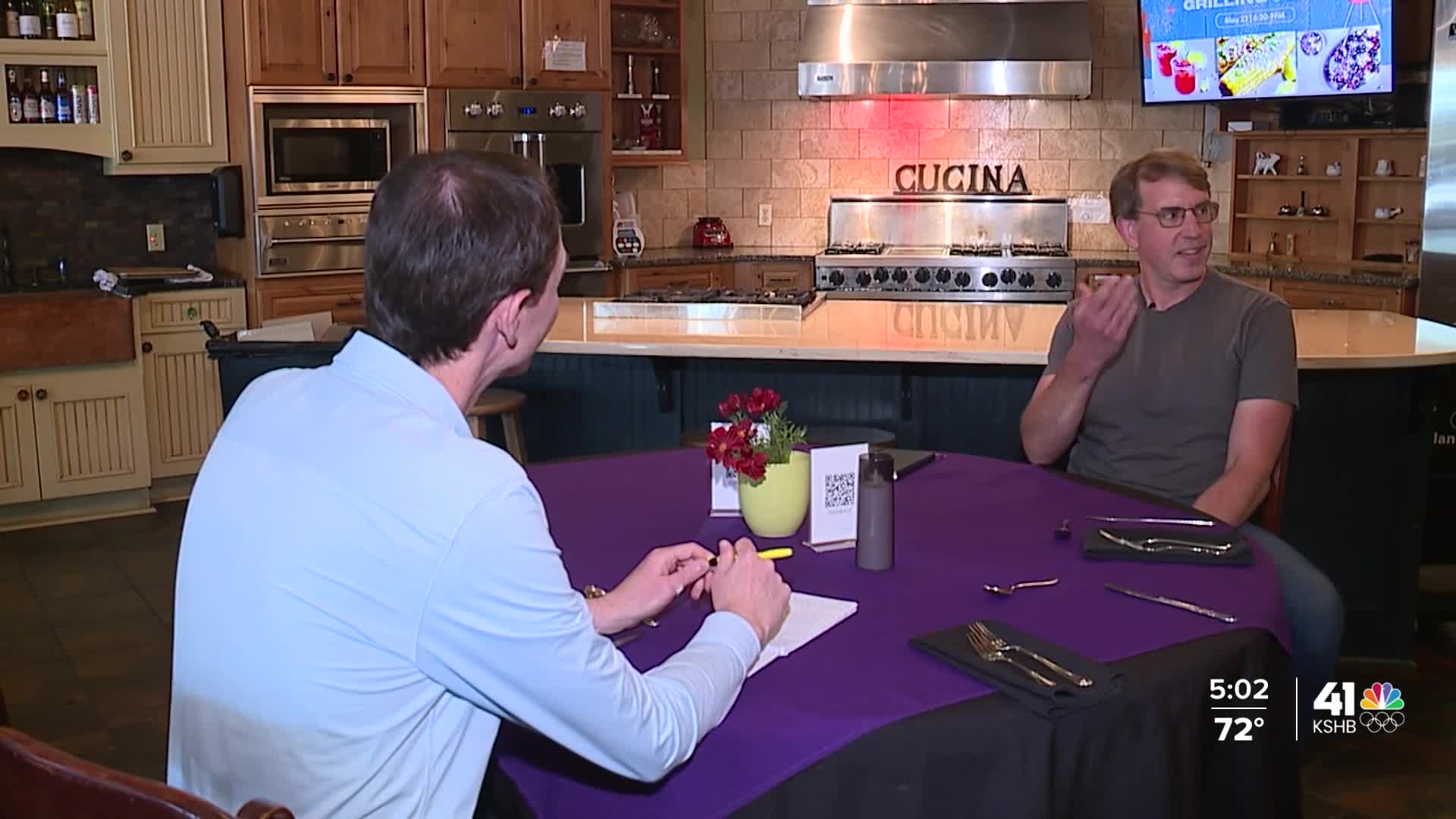OVERLAND PARK, Kan. — Elected leaders in Kansas want to save taxpayers money, but they disagree on how much money.
This week, Gov. Laura Kelly announced she’ll call legislators to Topeka for a special session to find a tax reform plan everyone can agree to, but hasn’t announced when the session will begin.
Joe McConnell co-owns The Culinary Center of Kansas City in Overland Park, Kansas. He says developing a recipe is a lot like balancing a budget.
“If you don’t get the right ingredients, if you don’t get the exact right measurements of things, you can ruin a recipe; you can really make something disgusting,” McConnell said. “And if you get it right, it can be delicious.”
Legislators hope to find the right balance of ingredients to give taxpayers a break, but continue funding government services.
They sent Kelly a tax reform proposal on the final day of their legislative session on April 30, which Kelly vetoed.
The legislator’s proposal cost the state roughly $468 million per year, compared to the $433 Kelly proposed.
Kelly thinks the legislature’s plan could hurt future state budgets.
“I cannot sign into law a bill that jeopardizes our state’s future fiscal stability,” Kelly said in a statement.
The two sides disagree on how many income tax brackets the state should have, how to cut property taxes, and whether to extend a childcare tax credit to parents.
The two sides agree on not taxing income from social security benefits and moving up the timeline to cut the state’s sales tax on food.
They want to move up the timeline to July 2024, instead of Jan. 1, 2025.
The legislature and governor also want to increase the standard deduction on income taxes, but disagree on the details.
“It’s a really careful balance; you need to get the right amount of each one to make sure you can fund the things you need to fund without putting an unnecessary burden on the businesses or people living in your community,” McConnell said. “It’s hard. It’s complicated, and it’s difficult. It’s one of the more tricky balancing acts of a local state or even federal government to get it right.”
But McConnell is optimistic the two sides can come together to find the correct recipe for Kansas.
—




